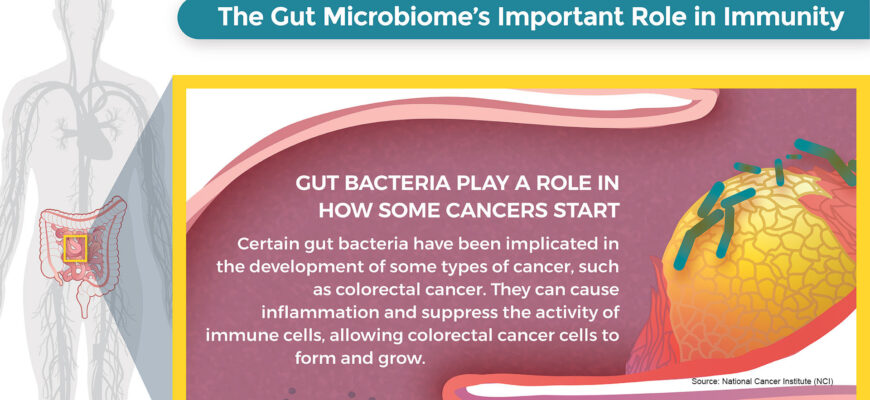The human body is a vast ecosystem, and few areas have captured scientific attention quite like the gut microbiome – that bustling community of trillions of bacteria residing within us. Once merely considered digestive aids, these microscopic inhabitants are increasingly recognized as silent partners in nearly every aspect of our health, including, it now appears, our battle against cancer. Recent groundbreaking research from Tokyo, published in the esteemed journal Nature, has unveiled a direct link between specific gut bacteria and the effectiveness of modern cancer immunotherapies, offering a tantalizing glimpse into a new frontier of personalized oncology.
The Promise and Puzzle of Immunotherapy
Immunotherapy, particularly treatments involving PD-1 blockers, has revolutionized cancer care by empowering the body`s own immune system to recognize and attack tumor cells. For many patients, these therapies have offered unprecedented hope and remarkable remission. However, they are not a universal panacea. A significant portion of patients either don`t respond to these treatments or develop resistance over time, leaving clinicians with a crucial question: why? The answer, it seems, might be found not just in the tumor or the immune cells, but in the intricate microbial world within our intestines.
Hominenteromicrobium YB328: A New Ally Against Cancer
Scientists at the National Cancer Center in Tokyo meticulously analyzed the gut flora of patients undergoing PD-1 blockade therapy. Their diligent efforts bore fruit: they identified a specific bacterium, Hominenteromicrobium YB328, whose presence correlated strongly with improved treatment outcomes. Patients harboring this particular strain exhibited a more robust immune response, characterized by a greater infiltration of T-lymphocytes – the immune system`s primary “killer cells” – into their tumors. Crucially, these individuals also enjoyed longer periods without disease progression.
To validate their findings, the researchers conducted experiments on mice. The results were compelling: transferring gut microbiota rich in YB328 into mice significantly enhanced their anti-tumor immune response. The mechanism appeared to involve the activation of specialized dendritic cells, which act as vital messengers, instructing T-cells to mount a vigorous assault on cancerous growths. It seems YB328 isn`t just a passive resident; it`s an active participant, orchestrating a more effective immune attack.
The Double-Edged Sword: When Microbes Hinder Treatment
In a fascinating counterpoint, the study also highlighted the adverse role of another bacterium, P. vulgatus. When this particular microbe was introduced, it actually diminished the efficacy of immunotherapy, illustrating the delicate balance and profound influence the microbiome exerts. This finding underscores the complexity of the gut ecosystem; it`s not simply about adding “good” bacteria, but understanding the precise interplay of different species. One might say it`s less about a general “gut feeling” and more about specific microbial alliances.
Paving the Way for Precision Oncology
The implications of this research are profound. The ability to identify specific microbial strains that either enhance or hinder cancer treatment opens up exciting new avenues for therapeutic intervention. Imagine a future where a patient`s gut microbiome is routinely screened before initiating immunotherapy. If beneficial bacteria are lacking, or detrimental ones are abundant, personalized interventions – perhaps specific probiotic formulations, dietary modifications, or even targeted fecal microbiota transplants – could be employed to optimize the gut environment, thereby maximizing the chances of treatment success.
This isn`t merely about supplementing with a general “probiotic for health.” It`s about precision medicine, leveraging our growing understanding of the microbial world to fine-tune the body`s response to sophisticated anti-cancer drugs. The promise is clear: to expand the pool of patients who benefit from life-saving immunotherapies and to make existing treatments even more effective.
The Future is Microbial
As our scientific lens sharpens, we continue to uncover the hidden influences on our health. The idea that a collection of microscopic organisms in our gut could dictate the success of cutting-edge cancer treatments might seem like science fiction, yet here we are. This research from Tokyo serves as a powerful reminder that the human body is not a solitary entity but a bustling metropolis, where even the smallest inhabitants can play a starring role in the grand drama of health and disease. The journey to fully harness the microbiome`s potential for cancer therapy has just begun, and it promises to be a most fascinating one.








